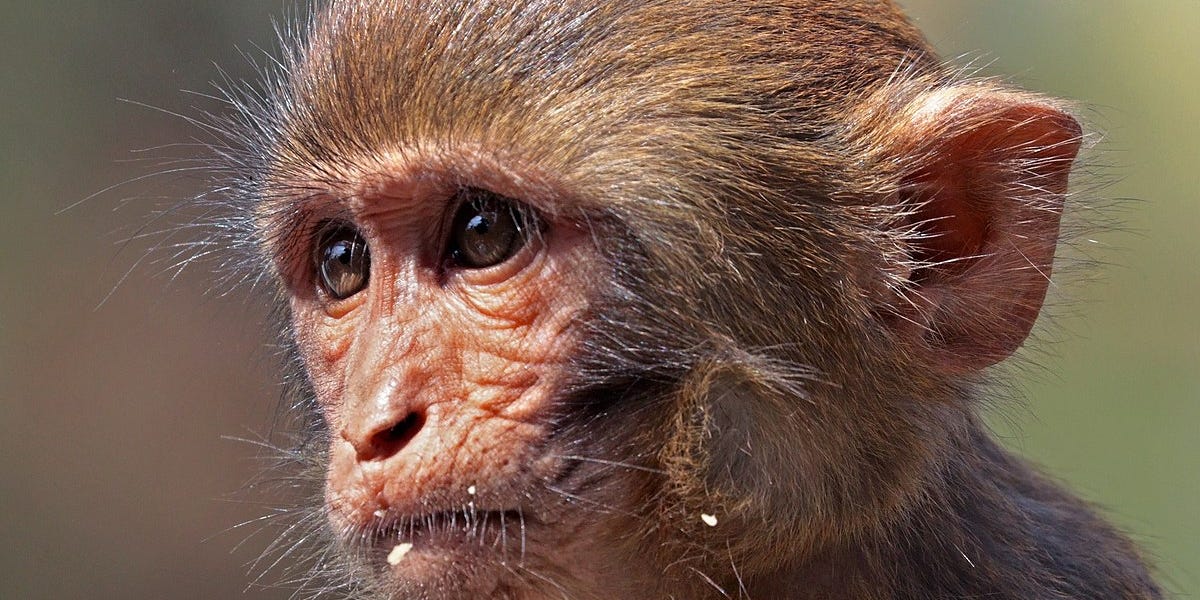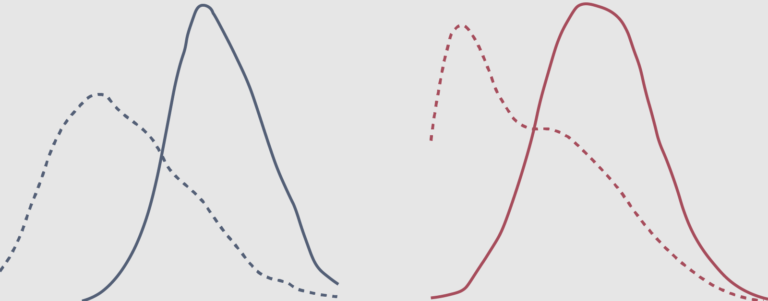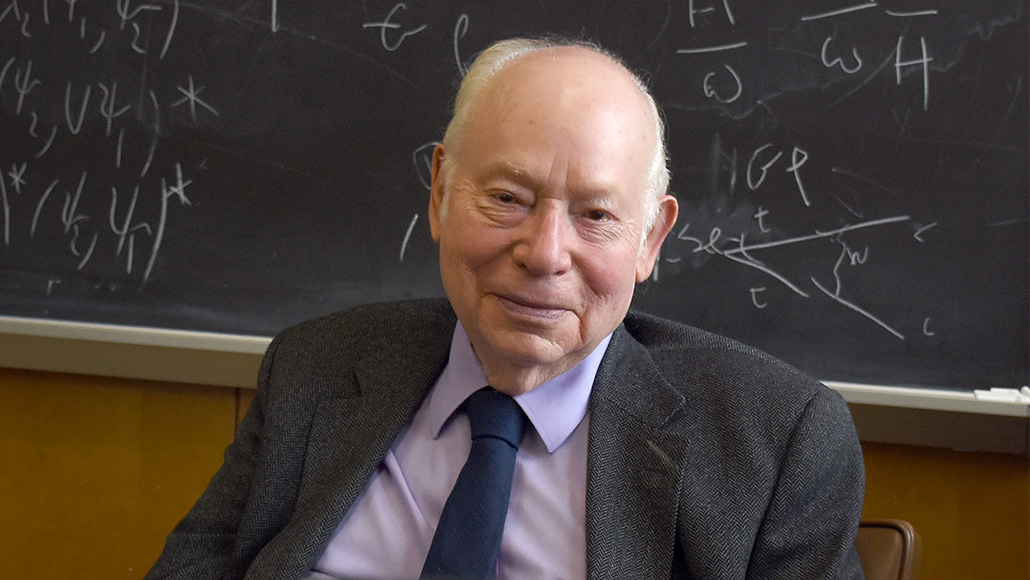
The opportunity theory of depression - by Tove K
When I was a teenager, between 13 and 20, I was depressed. Nothing unusual and nothing extreme. Just the ordinary low moods, self-hate, physical slowness and feeling of hopelessness.
But I didn't spend all those seven years in a low mood. Rather frequently I felt tinges of hope. On such occasions, my depressive state disappeared entirely and I became like a normal person. As long as I could uphold my hope of having found a decent opportunity to work toward a future, my depression disappeared completely.
Having spent seven years with on-and-off depression, I prepared for an entire life like that. Some people simply are mentally unstable and I was one of those, l guessed. It turned out not to be the case. As I got married, had children and moved to the countryside, my depressive symptoms vanished entirely, never yet to return (more about that in How I cured myself with evolutionary psychology).
This sharp turn-around in combination with the rapid on-off nature of my depression made me form a hypothesis: That normal-range depression is not a disorder, but an adaptation to a perceived lack of opportunity. Apparently, I wasn't depressed as a teenager because I'm a depressive person, but because I didn't see enough opportunities to be constructive. In order to act constructively, people need a vision to work toward. If working toward such a vision is impossible in the current environment, doing as little as possible until the environment changes is the best alternative. That way, the depressed individual saves energy and lowers risks. If there is nothing worthwhile to do anyway, doing as little as possible might be the best alternative.




















